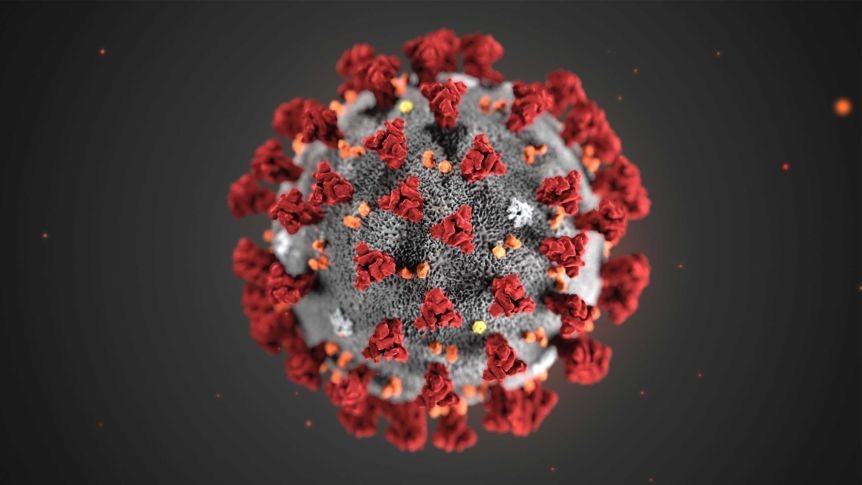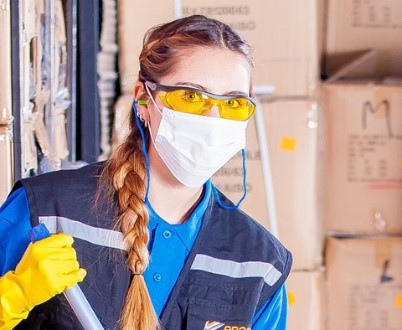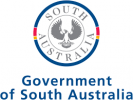
COVID-19 and Alcohol and Drug use in the Workplace
About COVID-19
Coronavirus (COVID-19) is a highly infectious disease that has impacted our social, family and working lives.
It has increased the potential for workplace alcohol- and drug-related harm. Workers may increase their use of alcohol and / or other drugs to cope with:
- Social isolation / restrictions
- Disruption of usual routines
- Working in less supervised or monitored environments, particularly working from home
- Increased anxiety, negativity and stress.

COVID-19 and Alcohol and Drug Use
The report Australians’ Drug Use: Adapting to Pandemic Threats (ADAPT) Study indicates that cannabis and alcohol use have increased since the beginning of March 2020.
In addition to workers experiencing alcohol- and drug-related issues, other vulnerable workers at greater risk of serious COVID-19 related illness include:
- People with compromised immune systems
- People who smoke
- Aboriginal and Torres Strait Islander people 50 years and older with one or more chronic medical conditions
- People 65 years and older with one or more chronic medical conditions
- People 70 years and older.
Women working from home and home schooling children during the pandemic appear to be at risk of increased alcohol consumption, whereas men appear to be drinking less. This may be linked to the stress and anxiety experienced in response to juggling heavy domestic loads and working from home, while also trying to home school children. A 2020 article in The Conversation further highlights the implications for workplaces.
Tobacco and COVID-19
Similar to tobacco, COVID-19 harms the body’s cardiovascular and respiratory systems.
Smoking increases the duration and severity of viral infections. There is evidence of a significant association between smoking and increased severity of COVID-19. People with COVID-19 who have pre-existing smoking-related health conditions suffer worse outcomes.
Irritation caused by smoking tobacco can cause smokers to cough more frequently. Coughing is a risk factor for the spread of COVID-19. Remind anyone coughing to cover their nose and mouth with a tissue or use their elbow, not their hands.
Australian smokers have been encouraged to quit for their respiratory health and it’s even more timely now to encourage workers and workmates to consider quitting.
COVID-19 and Mental Health
Ongoing stress from the global pandemic may increase mental health problems. Some workers struggle with feelings of uncertainty, stress and anxiety, or adjusting to self-isolation or working from home.
Many workplaces can support their workers by staying connected (e.g., regularly checking in with each other), helping workers recognise signs of not coping and where to get help. Importantly, starting a conversation is a crucial first step and the following fact sheet Coronavirus (COVID-19): Looking after your Mental Health produced by Comcare provides some useful tips for workplaces.
Other mental health-related and work / life balance strategies include encouraging workers to establish structured routines e.g., sleeping, eating and self-care and hygiene; keeping busy; exercising regularly outside as much as possible. The Heads Up website provides tips and strategies for workers and workplaces on how to manage the mental health impacts of COVID-19.

Workplace Responses
As businesses re-open and workers return it is important that workplaces assess risks to identify and respond to:
- Increased risks of accidents with workers coming to work hungover, or intoxicated
- Increased risk of overdose
- Increased aggression / frustration
- Greater anxiety / fear about being infected with COVID-19
- Concerns about potential exposure COVID-19 infection.
Practical responses to reducing identified workplace risks include:
- Developing / reviewing your workplace alcohol and drug policy
- Regularly talking to workers both informally and formally (e.g., via Toolbox Talks) about how they’re feeling and coping. See the WorkLife section on Communication for more information
- Assessing whether workers are still ‘job fit’ and whether re-training is required
- Managing fatigue e.g., re-adjusting from home-based work to one's usual place of work, working fixed hours / travel time; and shift work. See the WorkLife section on Fatigue for more information
- Emphasising work / life balance and encouraging workers to drink less, eat well, get enough sleep and stay connected to loved ones, family friends and workmates. Encourage workers to follow the 10 ways to take care of yourself during coronavirus
- Ensuring that information about alcohol and drug and mental health services and Employee Assistance Programs is readily available
- Examining whether workers who are considered vulnerable (i.e., as a result of their alcohol or drug use, Aboriginality, age and / or health status) can be given different / temporary roles.
For more information about:
- What workplaces can do to respond to COVID-19 see the Safe Work Australia website
- Helping workers access Mental Health and Drug and Alcohol Services see the SA Health website.
NCETA acknowledges the traditional custodians throughout Australia and their continuing connection to the land, waters and community. We pay our respects to all members of the Aboriginal and Torres Strait Islander communities, their cultures and to Elders past, present and emerging.
©2023 NCETA. All Rights Reserved
This work is copyright (Copyright Act 1968).
NCETA grants to SA Government agencies a perpetual, irrevocable, royalty free, fee free licence to use, copy, modify and adapt any of the materials produced from this project.


